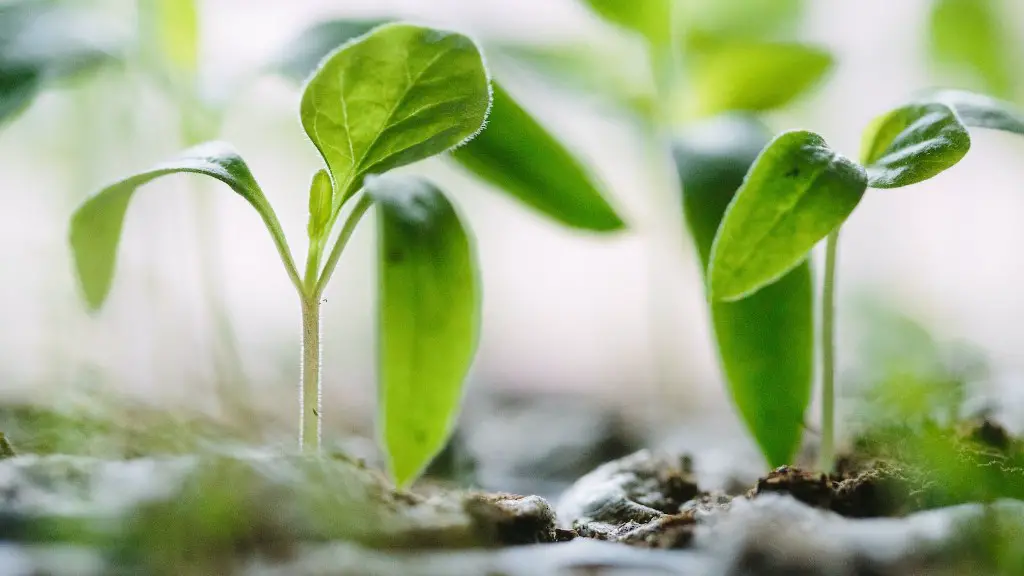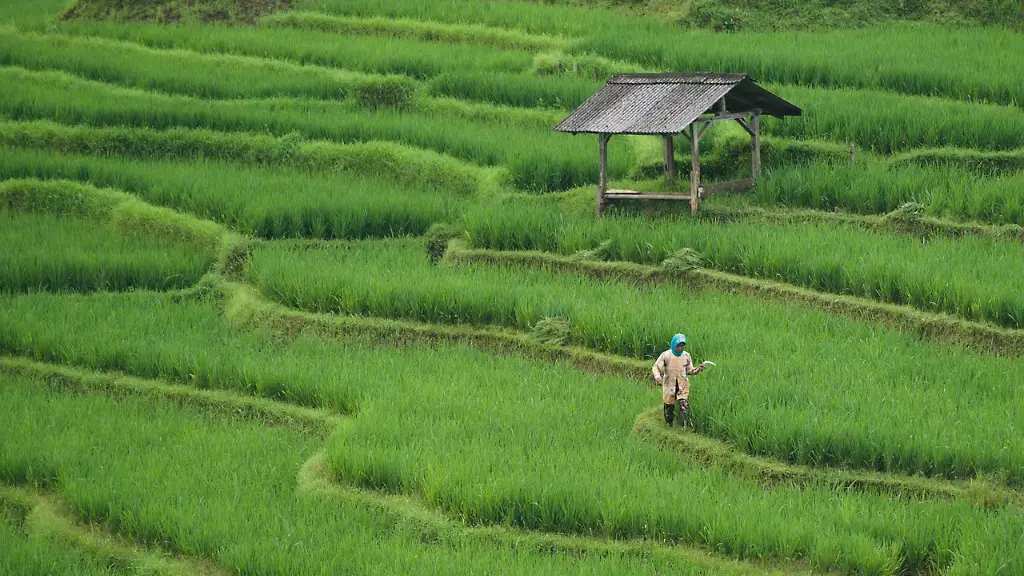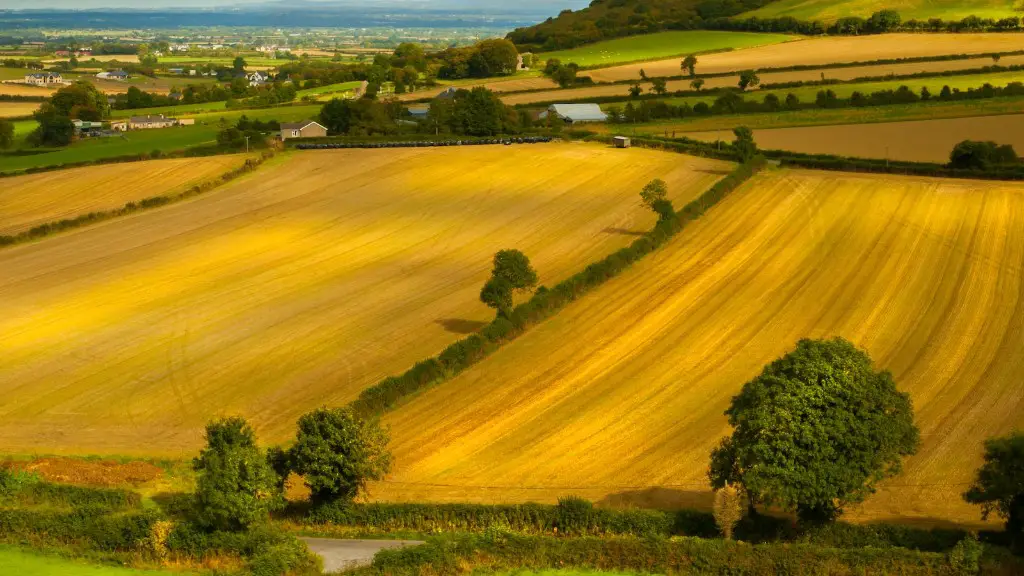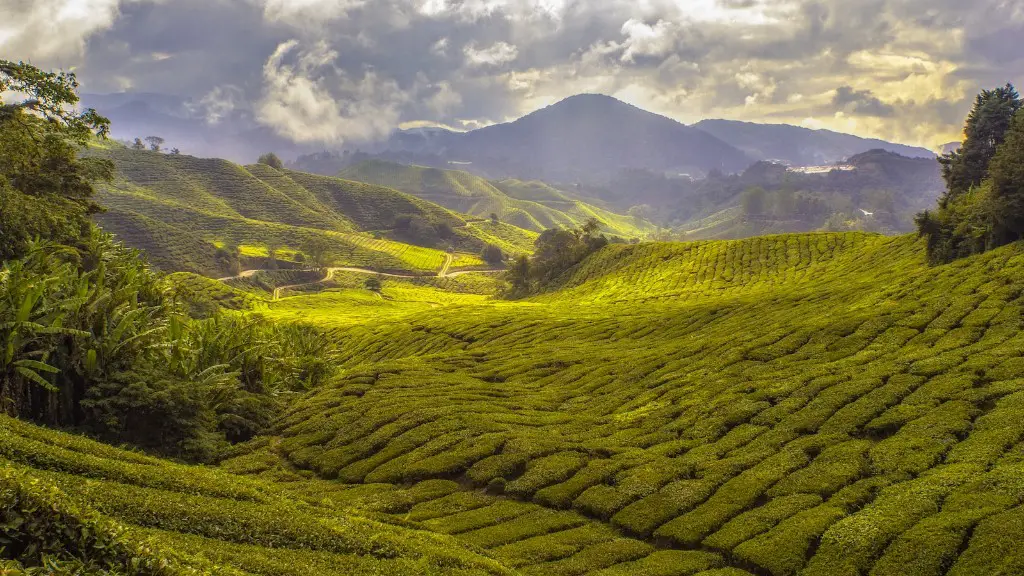The subsidies that the government provides to farmers have been controversial for many years. Some people believe that the subsidies are necessary to keep the agriculture industry afloat, while others believe that the subsidies are harmful and should be stopped. There are pros and cons to both sides of the argument, and it is ultimately up to the government to decide whether or not to continue providing subsidies to farmers.
There is no simple answer to this question. Obviously, farming is a vital part of our economy and food security, so any kind of subsidy that keeps farmers in business is important. That said, there is evidence that agricultural subsidies are distortive and often lead to inefficient outcomes. Moreover, they can be expensive for taxpayers.
For these reasons, many economists argue that agricultural subsidies should be reformed or even eliminated. Others, however, counter that subsidies are necessary to ensure that farmers can stay in business and provide food for the country. The truth probably lies somewhere in the middle.
Why should we stop farm subsidies?
Farm subsidies are intended to help farmers, but they actually end up harming the economy. They inflate land prices and rents, making it harder for new farmers to enter the field. This hurts the economy by preventing new businesses from starting up and innovating. It also stifles competition, which keeps prices high. Ultimately, farm subsidies benefit a small group of landowners at the expense of everyone else.
Farming subsidies are an important part of many farmers’ and ranchers’ livelihoods. Stopping the subsidies would mean decreased taxes for taxpayers, but the loss of financial stability for farmers and ranchers. Many farmers and ranchers rely on these subsidies to help keep their businesses afloat, and without them, they would likely struggle to make ends meet.
What would happen if we ended farm subsidies
Chamberlin is right that without subsidies, there would be less demand for pesticides, fertilizers, and herbicides. This is because growing the right crops in the right place is more efficient and environmentally friendly, and thus reduces the need for these inputs. However, it is important to note that subsidies are not the only factor driving demand for these products; other factors such as population growth and the increasing demand for food globally also play a role.
Though one of the advantages of subsidies is the greater supply of goods, a shortage of supply can also occur. This is because lowered prices can lead to a sudden rise in demand that many producers may find very hard to meet. In addition, some subsidies can create an uneven playing field in which smaller businesses find it difficult to compete against larger businesses that can take advantage of economies of scale. Finally, subsidies can lead to dependency, which can be difficult to break if the subsidy is eventually removed.
Are agricultural subsidies causing more harm than good?
Subsidies can often have the unintended consequence of reducing incentives for producers to boost efficiency and shift their focus from crops to farming subsidies. As a result, many producers end up doing less with more. For example, India subsidises the cost of energy to pump water for agriculture, which encourages producers to pump more water than they need.
Subsidies can help to control inflation by keeping the prices of goods and services stable. They can also moderate the effects of supply and demand by making sure that there is enough of a particular product or service available. However, subsidies can also lead to an increase in taxes in the subsidizing country, which can be a burden on citizens.
What are three arguments against agricultural subsidies?
Farm subsidies can have a number of negative impacts on the economy. They can induce excess production, overuse of marginal farmland, and land price inflation. Subsidies can also cause less efficient planting, induce excess borrowing by farmers, and cause insufficient attention to cost control.
A country that is unable to domestically produce enough food to feed its people is at the mercy of the world market, and is more vulnerable to trade pressure and global food shortages and price shocks. Agriculture is one of the economic sectors where subsidies are the most important.
Subsidies are payments made by the government to producers in order to encourage production. They are often used in agriculture to ensure that farmers are able to keep producing food, even when prices are low.
However, subsidies can also be a problem. They can distort the market, and make it difficult for other countries to compete. Subsidies can also lead to over-production, and food surpluses.
It is important for countries to strike a balance between subsidizing their farmers, and allowing the market to operate freely. Too much subsidy can lead to problems, but too little can leave a country vulnerable to food shortages.
Do subsidies hurt the economy
Subsidies are a form of government intervention in the economy. They can take many different forms, but all are aimed at assisting specific industries or groups. Sometimes subsidies can encourage new developments, and promote a social good or policy. However, they can also be controversial, as they can often distort the market and lead to inefficiencies. Additionally, by helping one sector or group in the economy, they may hurt another group. For example, a subsidy that helps farmers may increase food prices for consumers.
The two points of view can be reconcile if the farmer owns the farmland being subsidized. In this case, the farmer benefits from the increased asset value.
Why are farmers being paid to stop farming?
The Lump Sum Exit Scheme is a great way for farmers to exit the industry in a planned way. It provides them with the means to make a meaningful choice about their future and frees up land for new entrants to farming.
Subsidies can have a positive impact on firms by making it easier for them to produce goods. This is because subsidies reduce the production expenses that firms have to bear. As a result, consumers will pay less for the subsidized product.
What is the importance of subsidies in agriculture
It is important to provide subsidies to farmers in order to stimulate agricultural production. By compensating for the high costs of transport from ports or factories to farms, the costs of inputs are improved. In addition, subsidies improve soil quality and combat soil degradation.
It is apparent that the current agricultural system in the United States is not working. We need to find a way to support our small farmers, while also reducing the burden on American families. One way to do this is to reduce trade barriers, which would increase incomes in America and in other countries.
Who benefits from US farm subsidies and who are the losers?
Farm subsidies act like regressive taxes in that they help high-income corporations, not poor rural farmers. Most of the money goes toward large agribusinesses, and fifty people on the Forbes 400 list of the wealthiest Americans received farm subsidies.
This policy hurts small farmers and does nothing to help those who are most in need. It’s time for these subsidies to be revamped or eliminated entirely.
It is important that the government continue to provide subsidies to farmers, as many are not able to handle the full burden of investment on their own. It would be unfair to stop these subsidies, as it would disproportionately impact those who deserve them the most – the farmers themselves.
Warp Up
No, agriculture subsidy should not be stopped. Agriculture subsidy helps farmers to produce food for the country and also stabilizes prices of food.
There is no clear consensus on whether agriculture subsidy should be stopped. Supporters argue that subsidy is necessary to protect farmers and ensure food security, while opponents assert that subsidy distorts the market and prevents developing countries from being competitive. Ultimately, the decision of whether to stop agriculture subsidy will come down to a weighing of the pros and cons.




